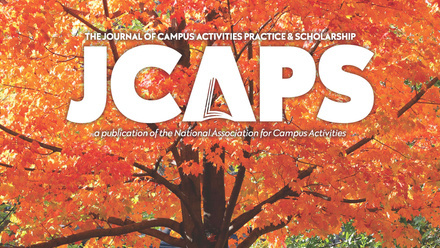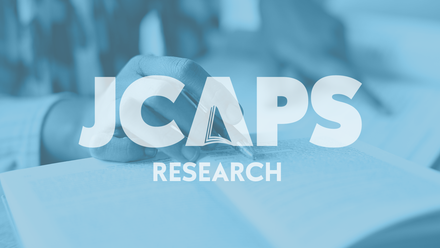Developing Employability Skill Articulation in College Students: A Framework and Practitioner Approaches for Co-Curricular Educators - JCAPS Vol. 1 Issue 2
Many have written about the importance of employability skills and on creating collegiate initiatives to help develop those skills, especially in campus activities. Employers often claim soft skills are equally important in hiring decisions as a candidate’s field knowledge (Hart Research Associates, 2013; Clark, Marsden, Whyatt, Thompson, & Walker, 2015). Several studies show students believe their co-curricular experiences strengthen their employability skill sets (Griffin, Peck, & LaCount, 2017; Smith & Chenoweth, 2015; Clark et al., 2015). However, data from Gallup, the National Association of Colleges and Employers, and the Association of American Colleges and Universities show that students and employers consistently disagree on how prepared students are in these skills, with employers perceiving students to lack the skills that students believe themselves to have (Bauer-Wolf, 2018). Many believe this is evidence of a skills gap and call for higher education to address the issue by better preparing students; however, a growing contingent of educators believe the true problem is a skills articulation gap between students and employers (DuRose & Stebleton, 2016; Goodwin, Goh, Verkoeyen, & Lithgow, 2019, Watkins & McKeown, 2018). It’s insufficient for co-curricular educators to help students develop skills; we must also educate students on how to articulate them (Brown, 2015; Kruger & Peck, 2017).
It’s like teaching a child to read—identifying words on a page is an important first step, but reading doesn’t become useful until one can understand those words and create meaning with them. Employability skills are both the “language and currency” of the job market, and so students must become adept at using them (Pretti & Fannon, 2018, p. 108). Identifying and articulating skills will not only help students with resumes and job interviews; it will also aid in applying skills when faced with new situations (Brown, 2015).
Some universities implement large scale initiatives assisting students in developing personal skills recognition and articulation capability (Lawhead, Bouldin, & Simpson, 2017; Peck et al., 2016), but other institutions cannot offer such programs. So, if a co-curricular educator values developing student skill articulation but is unable to implement large scale initiatives, what can be done? This article aims to put skill articulation development into a clear context and offer strategies to co-curricular educators wishing to incorporate skill articulation development into their practice.




